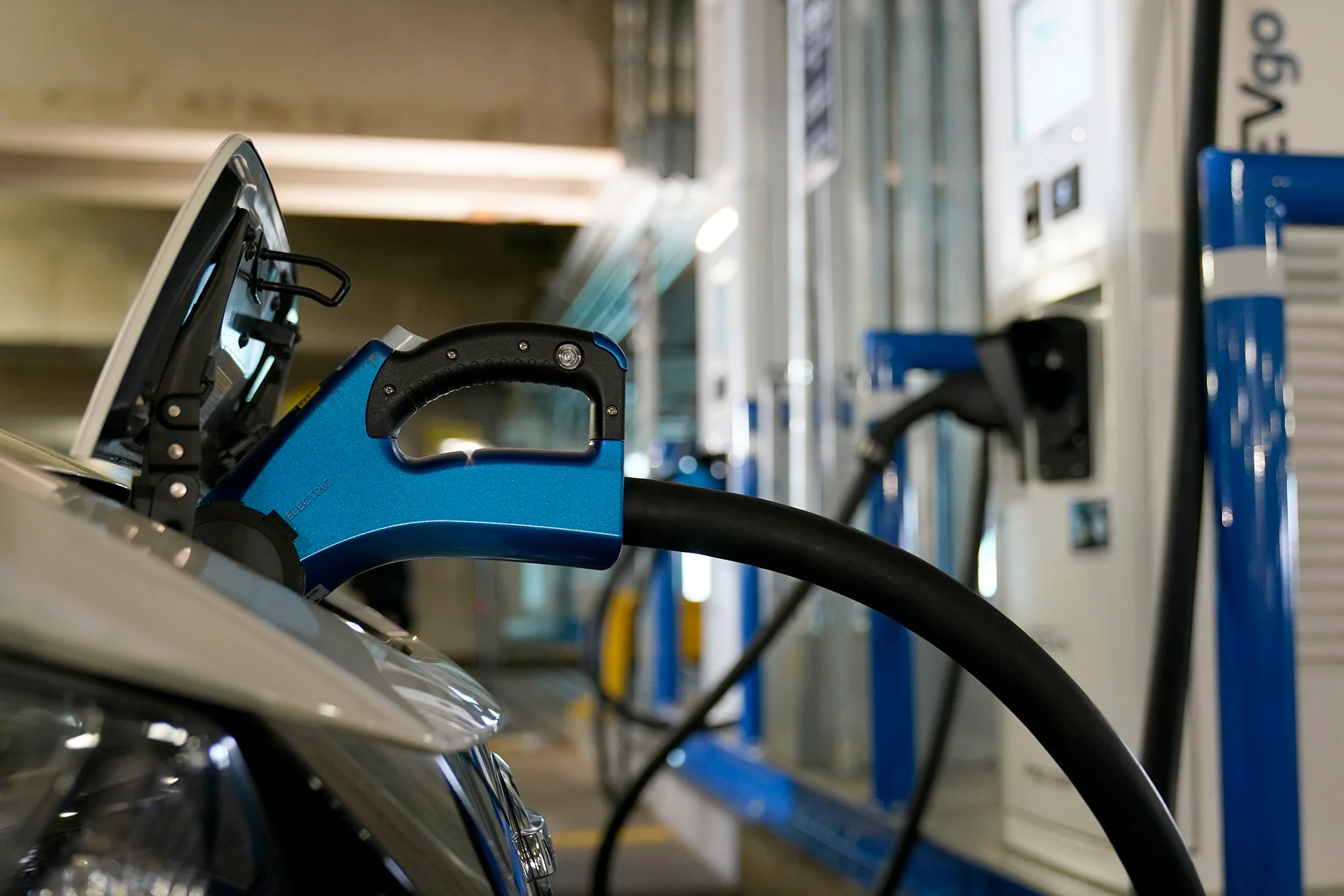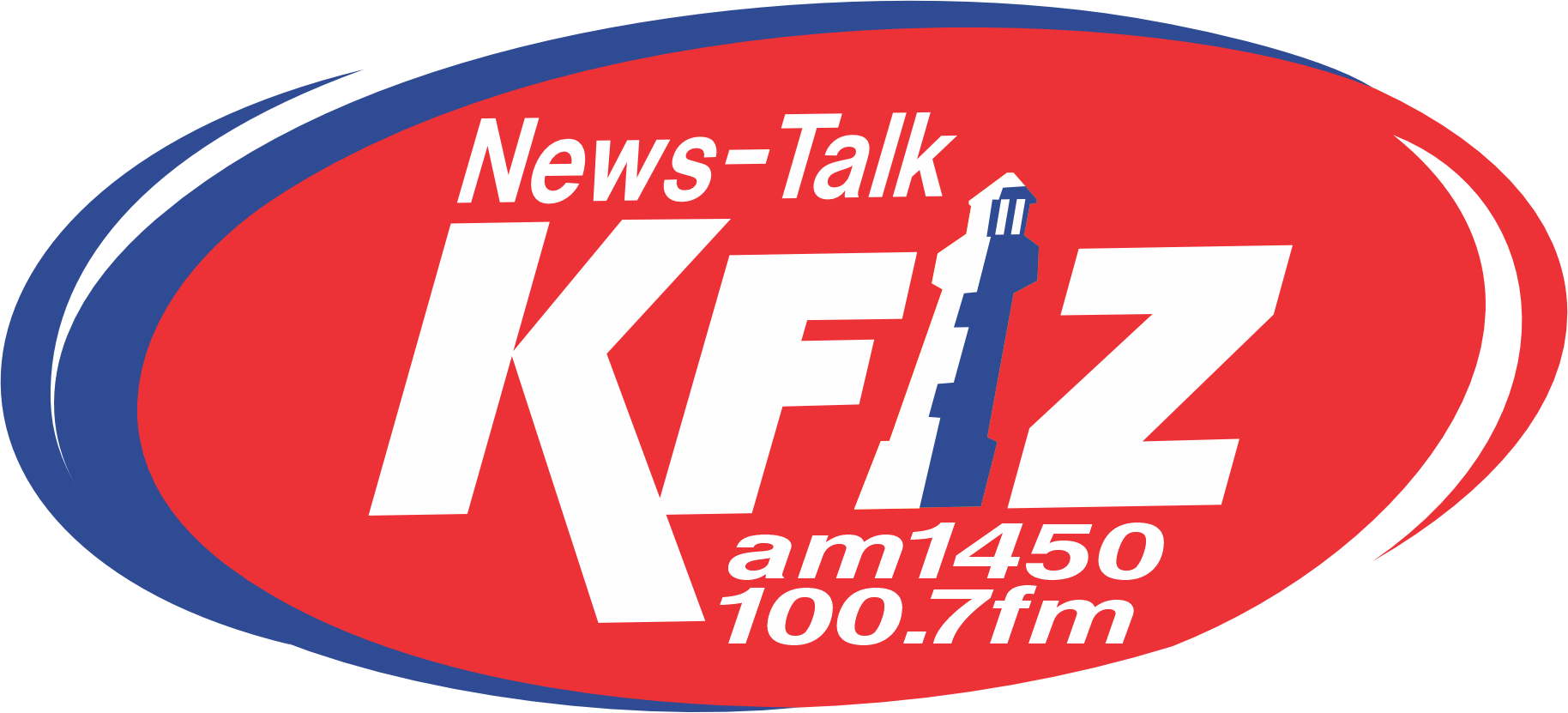Wisconsin News
Wisconsin awards $14M in EV charging grants to 26 projects across the state

After a legal fight with the Trump administration, Wisconsin is awarding $14 million in federally-funded grants to build electric vehicle fast-charging stations at 26 businesses across the state.
Gov. Tony Evers and the state Department of Transportation made the announcement on Monday. Last year, Wisconsin awarded $22.4 million for more than 50 EV charging projects.
Through two funding rounds, the state has awarded more than $36.4 million for a total of 78 projects. The Biden administration awarded Wisconsin more than $78 million through a program created by the Bipartisan Infrastructure Law.
The sites selected in the latest funding round include 11 Kwik Trips, hotels, other gas stations, a Culver’s and a chocolate shop.
State Department of Transportation Secretary Kristina Boardman said in a statement the charging stations will help meet the state’s changing transportation needs. There are more than 37,000 electric vehicles registered in Wisconsin.
“WisDOT is pleased to help offer drivers reliable and convenient places to stop, so they can feel comfortable making a trip across the state and have the opportunity to support local businesses along the way,” Boardman stated.
Earlier this year, the Trump administration halted the National Electric Vehicle Infrastructure, or NEVI, program, throwing Wisconsin’s deployment of fast charging stations into limbo and threatening $55 million in federal funding.
That prompted Wisconsin to join a multi-state lawsuit challenging the decision to freeze funding.
In June, a federal judge ordered the Trump administration to resume distributing EV charging funding. The administration said it would reopen the program in August.
In a statement, Evers said reopening the EV charging program will help Wisconsin’s infrastructure meet the needs of the 21st century, while creating jobs and supporting the economy.
“Thanks to our actions to get the Trump Administration to release this critical funding that they were illegally withholding, we are thrilled to see the NEVI program continue to support these goals and further move us toward the clean energy future Wisconsinites deserve,” the governor said.
While the state is moving forward with a new funding round, the governor’s office says the NEVI program remains under threat.
In February, U.S. Rep. Tony Wied, R-De Pere, introduced a bill to repeal the program. In a statement at the time, Wied called the EV charging program “President Biden’s wasteful vanity project.”
The governor also sent a letter to Wisconsin’s Congressional delegation in September, warning President Donald Trump’s proposed federal budget would cause Wisconsin to lose out on NEVI funding in the 2026 fiscal year around $16 million of the state’s roughly $78 million award.
Of the 52 projects moving forward from the first round of funding, the governor’s office says 11 are operational, 16 have been approved for construction and the rest are in the pre-construction phase.
One of the projects that came online is a four-port charging station at an Exxon gas station in Wausaukee. Owner Jimmy Behl said the chargers are getting good use.
“Those things are really bringing a lot of customers inside because they have to stay there at least for 10-15 minutes,” he said. “A lot of people come in and they buy stuff from here, and they tell us that those chargers are really nice.”
The first round of funding aimed to bring fast EV chargers to each region of the state while this round looks to fill in some of the gaps, said John DesRivieres, a spokesperson for the Wisconsin Department of Transportation.
He said the goal is to make sure “no matter where you are in Wisconsin, that you’ve got easy access to an EV charger.”
“We’re confident that these fast-charging stations, through this next round of grants, will help meet the evolving needs of residents and visitors to our state, ensuring we’ve got EV infrastructure in place to help folks get from point A to point B,” he said.
Wisconsin Public Radio, © Copyright 2025, Board of Regents of the University of Wisconsin System and Wisconsin Educational Communications Board.


